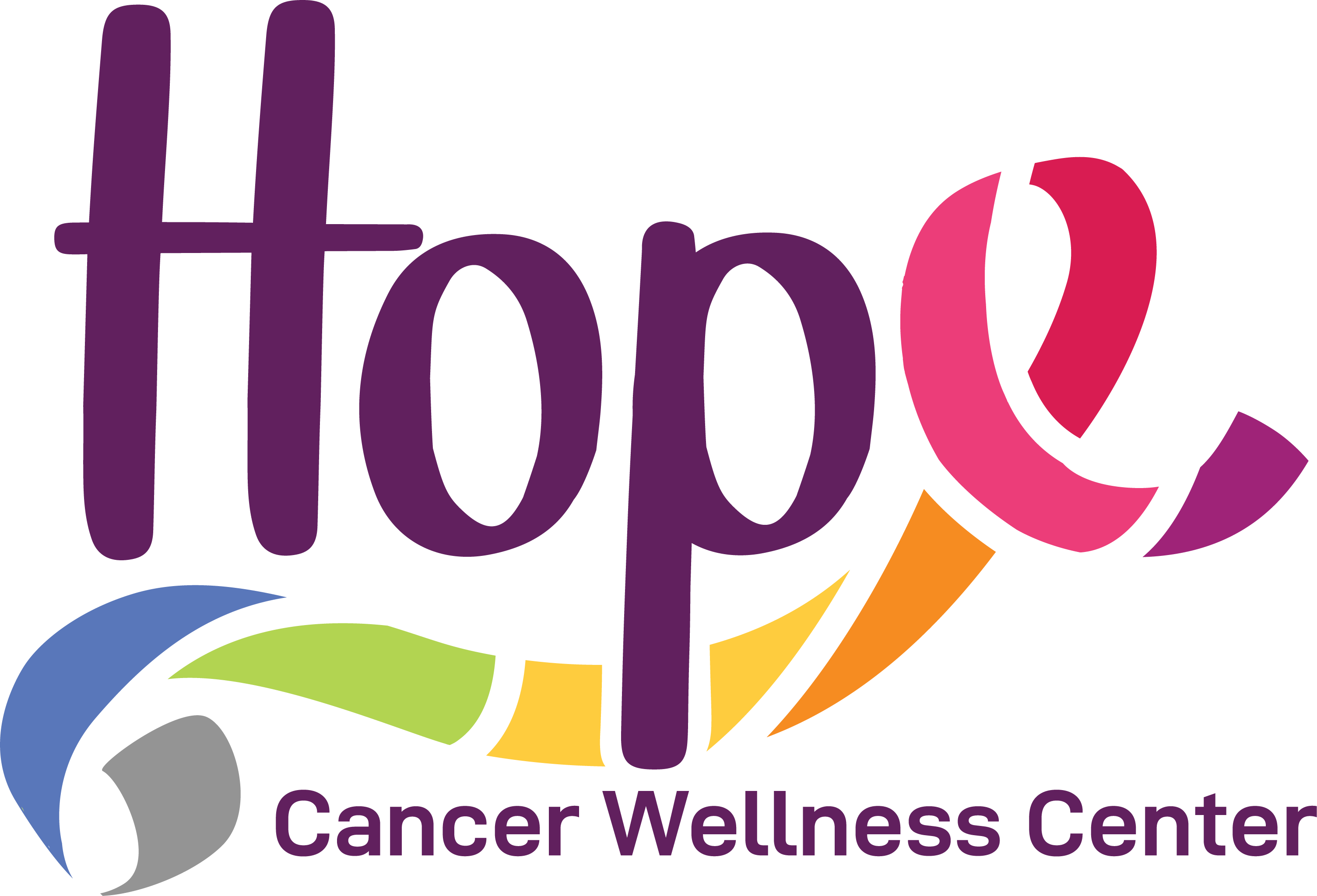
Nutrition for Cancer Patients: What to Eat and What to Avoid
Good nutrition is a cornerstone of health, especially during cancer treatment. Nutrition for cancer patients plays a vital role in maintaining strength, managing side effects, and supporting recovery. While every individual’s needs are unique, making informed food choices can help patients feel better and improve their overall well-being.
This guide will walk you through essential tips on what to eat and what to avoid, ensuring the advice is accessible and beneficial for all cancer patients, regardless of their specific diagnosis.
Why Nutrition Matters for Cancer Patients
Cancer treatments like chemotherapy, radiation, and surgery place significant demands on the body. Proper nutrition for cancer patients helps combat fatigue, strengthens the immune system, and promotes tissue repair. Eating the right foods can also help alleviate treatment side effects, such as nausea, appetite loss, and digestive issues.
Foods to Include in a Cancer Patient’s Diet
- Protein-Rich Foods
Protein is essential for healing, muscle maintenance, and immune support. Incorporate:- Lean meats like chicken and turkey
- Fish rich in omega-3s, such as salmon or mackerel
- Plant-based proteins like beans, lentils, tofu, and nuts
- Dairy products like yogurt, milk, and cheese
- Whole Grains
Whole grains are a great source of energy, fiber, and essential nutrients. Examples include:- Brown rice
- Quinoa
- Whole-wheat bread and pasta
- Oatmeal
- Fruits and Vegetables
Packed with vitamins, minerals, and antioxidants, fruits and vegetables are staples of good nutrition for cancer patients. Strive for a variety of colors on your plate, such as:- Leafy greens like spinach and kale
- Bright vegetables like carrots, bell peppers, and sweet potatoes
- Fruits like berries, oranges, and apples
- Healthy Fats
Healthy fats provide energy and support cellular health. Great options include:- Avocados
- Nuts and seeds
- Olive oil
- Fatty fish like salmon
- Hydration
Staying hydrated is critical for everyone, but especially for cancer patients. Water, herbal teas, broths, and electrolyte beverages help prevent dehydration, which is a common side effect of treatments.
Foods to Avoid for Cancer Patients
While focusing on nutrient-rich foods is important, there are certain foods to avoid to support optimal nutrition for cancer patients:
- Processed and Sugary Foods
Highly processed foods, sugary snacks, and sodas offer little nutritional value and can cause spikes in blood sugar levels. Instead, opt for natural, whole foods. - Red and Processed Meats
Limit consumption of red meats (like beef and pork) and processed meats (like sausages and hot dogs), as they are high in unhealthy fats and preservatives. - Fried and Fatty Foods
Fried or greasy foods can be difficult to digest and may worsen nausea or diarrhea. Choose grilled, baked, or steamed options instead. - Alcohol
Alcohol can interfere with cancer treatments and weaken the immune system. It’s best to avoid it entirely or consult a healthcare professional before consuming. - Raw or Undercooked Foods
Cancer treatments can weaken the immune system, increasing the risk of foodborne illness. Avoid raw fish, undercooked meats, unpasteurized dairy, and raw eggs. - High-Sodium Foods
Canned goods, packaged soups, and fast foods are often loaded with salt, which can lead to bloating or high blood pressure. Look for low-sodium options and season your meals with herbs and spices instead.
Overcoming Common Nutrition Challenges
Cancer treatments often bring unique challenges to maintaining good nutrition for cancer patients, such as appetite loss, nausea, and taste changes. Here are practical tips for tackling these issues:
- Loss of Appetite: Try eating smaller, nutrient-dense meals throughout the day. High-calorie snacks like nuts, smoothies, or avocados can help increase calorie intake.
- Nausea: Ginger tea, plain crackers, or bland foods like rice and bananas can help soothe an upset stomach. Avoid strong-smelling or spicy foods.
- Fatigue: Prepare easy-to-make meals or stock up on healthy, ready-made options. Soups, stews, and smoothies are quick and nourishing.
- Taste Changes: Experiment with herbs, spices, or marinades to enhance flavors, especially if treatments alter your sense of taste.
Tips for Caregivers
If you’re helping a loved one focus on nutrition for cancer patients, be patient and flexible. Offer a variety of food options to find what works best for them. Encourage hydration and keep easy-to-digest snacks on hand for tough days. Consulting with a dietitian who specializes in oncology can help create a personalized meal plan that meets their specific needs.
Professional Guidance and Resources
Cancer patients have unique nutritional needs that may require tailored support. Dietitians, oncologists, and nutritionists can provide personalized advice to ensure patients are getting the nutrients they need while avoiding foods that may worsen their condition.
Organizations like the Hope Cancer Wellness Center also offer nutritional counseling and resources to help patients and caregivers navigate this important aspect of care.
Conclusion
Nutrition for cancer patients is about more than just eating—it’s about fueling the body with the right nutrients to support strength, resilience, and healing. By focusing on protein-rich foods, whole grains, fruits, vegetables, and healthy fats while avoiding processed and harmful foods, patients can improve their quality of life and manage treatment side effects.
If challenges arise, remember that help is available. Reach out to healthcare professionals, community resources, and support networks to ensure the journey is as smooth as possible.
Through mindful choices and proper guidance, good nutrition can empower patients and caregivers alike, providing a foundation for strength, hope, and recovery.
